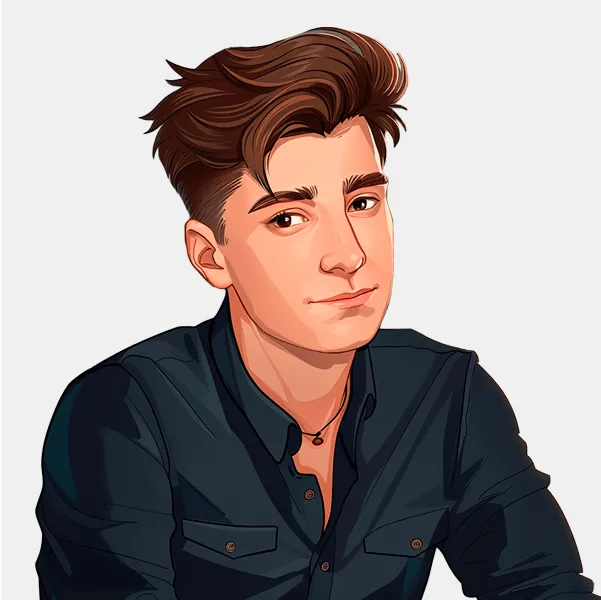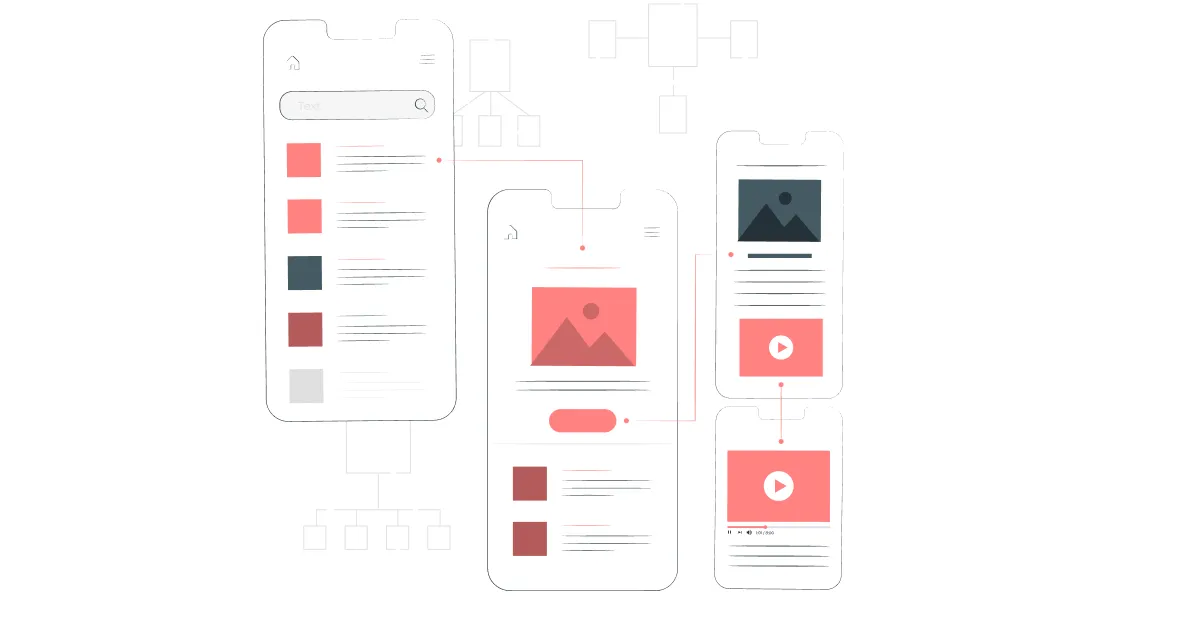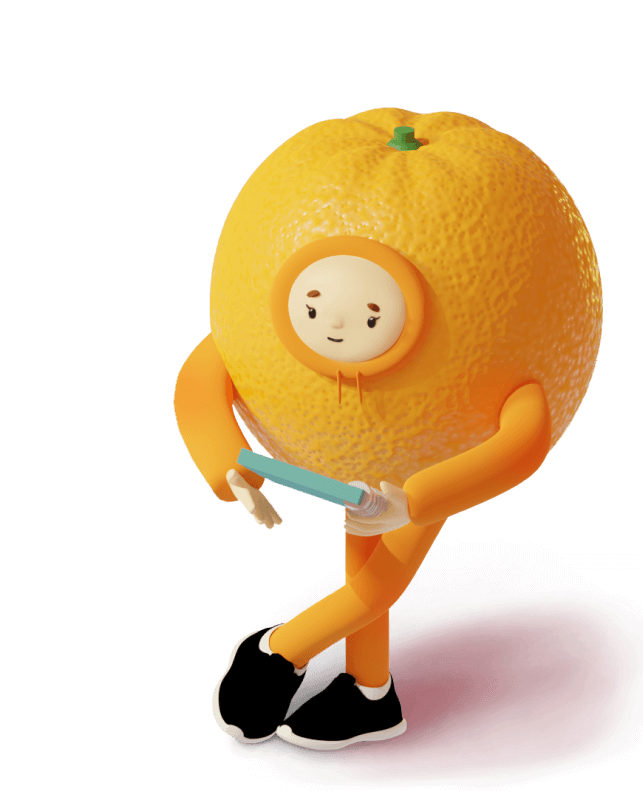Professions in Game Development
The world of video games is not just a virtual space; it is a universe created by the painstaking work of a team of specialists. Behind colorful characters, captivating plots, and dynamic gameplay hides a multitude of different roles and specializations. To make a game truly high-quality, a lot of effort and time is required for development. In this article, you will learn about the professions in game development without which no gaming project and company can do.
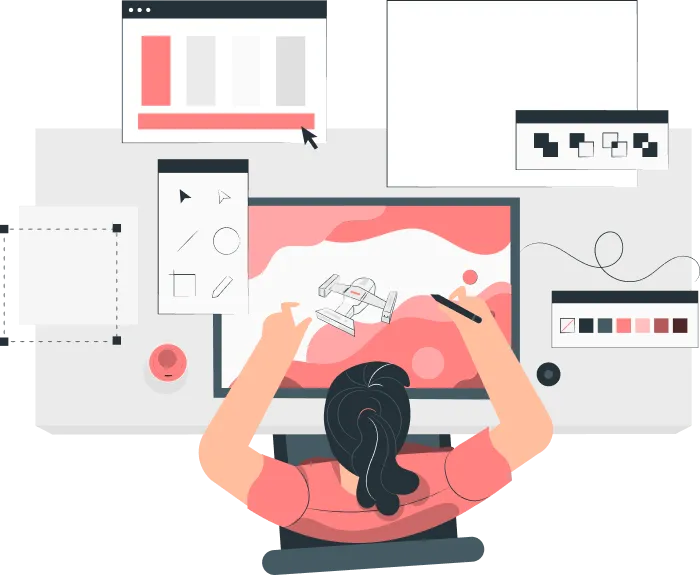
Game Designer
A game designer is the brain and soul of any gaming project, playing a vital role in the development team. A game designer doesn't just come up with plots and characters but creates unique gameplay mechanics, rules, and systems that engage players and compel them to come back for new experiences. Among the key tasks of a game designer are:
- concept development: the main idea, genre, target audience, and game features;
- designing gameplay mechanics: player-world interaction systems;
- game balance refinement: ensuring equal game conditions for all players throughout;
- documenting and describing key game details: plot and game mechanics;
- game testing: game designers participate in testing and making adjustments to improve the quality of players' gaming experience.
A game designer must possess creativity, strong analytical abilities, and communication skills. Game design is more than just a profession; it's a calling. It's an opportunity to create worlds that captivate millions of people, give them unforgettable emotions, and write the history of the gaming industry. With the help of game designers, cult gaming projects can be created.
Lead Character Artist
The lead character artist in game development is an artist who possesses deep knowledge of anatomy, costume design and history. The artist doesn't just draw beautiful pictures but creates entire characters filled with character and individuality. Among the key tasks of the artist profession are:
- character concept development;
- creating prototypes and sketches of game characters;
- detailing and creating 3D models of characters, animation, texture.
The lead character artist in game development is the artist who brings game characters to life. They create those with whom players will laugh, cry, fight, and win. The artist profession is suitable for those who want to create beauty and give people unforgettable emotions.
Concept Artist
A concept artist is a specialist who visualizes ideas and concepts for video games. They create sketches of characters, locations, objects, weapons, and other game elements. Concept art helps developers visualize what the game will look like and sets its visual style. Such a specialist is responsible for the game's visual design and the development of an entire world. Among their tasks are:
- developing the game's visual style;
- creating sketches of characters, locations, objects, weapons;
- detailing: costumes, architecture, weapons;
- 2D and 3D concept art.
Concept artists play an important role in the development of various gaming projects, allowing the recreation of a full-fledged world.
Game GUI Designers
A GUI (Graphical User Interface) game designer is a specialist who focuses on developing user interfaces for video games. They are responsible for ensuring that the interface is user-friendly, intuitive, and aesthetically appealing. Among their key tasks are:
- creating sketches and prototypes of the interface;
- designing interface elements such as menus, buttons, icons, and indicators;
- defining color schemes and typography;
- ensuring the readability and informativeness of the interface.
This specialist ensures that users can interact comfortably with the game.
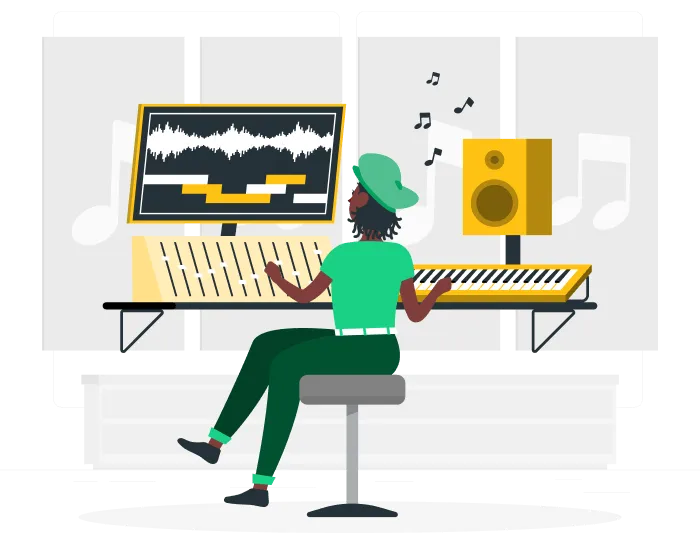
Composer
A composer in game development is a specialist who creates music for video games. Their work involves composing soundtracks that match the genre, style, and atmosphere of the game. The music should not only complement the gameplay but also evoke emotions in players, immersing them in the virtual world. Tasks performed by composers include:
- creating music;
- adapting music;
- developing sound design.
Game composers are in demand in both large and indie game studios. They may also work as freelancers, collaborating with developers from different countries.
Lead Programmer
A lead programmer in game development is not just a coder but an architect of the project, who integrates all the software components of the game into a cohesive mechanism. They possess deep knowledge in various programming areas, from algorithms and data structures to network protocols and artificial intelligence. This is a key profession in game development. Responsibilities of a lead programmer include:
- designing and developing the architecture of the game: determining the code structure, technologies used, engines, and libraries;
- leading a team of programmers: assigning tasks, coordinating work, monitoring deadlines, and the quality of execution;
- solving complex technical problems: optimizing code and engines, fixing bugs, implementing new features;
- ensuring the smooth operation of the game: monitoring servers, databases, performance, and the use of a specific engine;
- collaborating with other developers: working as a team with designers, artists, and testers to create a cohesive gaming experience.
A lead programmer is the backbone of the development team. They don't just write code but create a system that brings the game world to life. This is a profession for those who enjoy solving complex problems in projects, possess deep knowledge in programming, and want to create games that bring joy to people.
Lead Developer
A lead developer is not just a programmer but an experienced specialist with deep knowledge in various areas of game development. They coordinate the work of the development team, set project tasks, monitor deadlines and the quality of execution, ensuring the smooth operation of all specialists. The specialist performs a wide range of tasks while working with the department:
- plans game development: divides the project into stages, defines tasks, necessary resources, and deadlines;
- leads the development team: assigns tasks, coordinates work, monitors deadlines and the quality of execution;
- solves technical problems: helps developers in the department solve complex tasks, optimize code, fix bugs;
- provides communication: establishes interaction between the development team, designers, artists, testers, and other specialists.
A lead developer is an indispensable member of the team. They don't just program but coordinate the work of all specialists, ensuring uninterrupted game development. This is a profession for those who enjoy solving tasks.
Game Director
The game director is the leader of a team of specialists who integrates all aspects of development into a unified whole. They are responsible for the game's concept, style, direction, and final outcome. Acting as the primary manager for communication between artists and developers, this specialist bears full responsibility for the project's results as its manager.
Producer
This is one of the most essential and needed professions in game development. A producer is not just a manager but a strategist who takes responsibility for turning an idea into a finished game. They manage resources, coordinate the work of a team of specialists, monitor budgets and deadlines, and ultimately ensure the project's commercial success. This profession is necessary for those who possess leadership qualities, organizational skills, and a sincere love for games.
Narrative Director
The narrative director is more than just a screenwriter; they are the architect of storytelling, creating a captivating story capable of engaging players and leaving an indelible mark on their hearts. This specialist has deep knowledge in storytelling, dramaturgy, literary techniques, and a good understanding of the gaming industry. Within the company, the screenwriter tells the story and unveils the universe for players.
Narrative Designer
A narrative designer is a true artist who provides players with unforgettable stories. They don't just tell a tale but create an entire universe filled with characters, experiences, and deep meanings. This profession is suitable for specialists with rich imagination, literary talent, and a sincere love for games.

Technical Director
The technical director is a technology master who ensures the smooth operation of all technical aspects of the project. They have deep technical knowledge in programming, software architecture, network protocols, and security.
Head of Studio in Game Development
The head of studio in game development tops the list of important professions in game development. They possess deep knowledge and skills in game development, serving as the chief manager and overseeing all aspects of software development. This profession is best suited for managers with leadership qualities and an interest in the gaming world.
